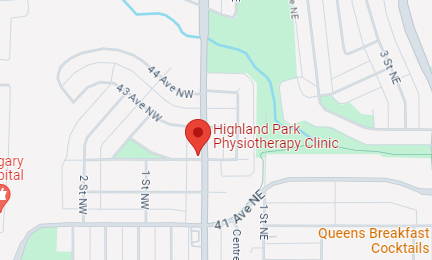TMJ (Tempero-Mandibular Joint Disorder)
TMJ stands for Tempero-Mandibular Joint Disorder which is your jaw joint. The Tempero-Mandibular joint is formed by the mandible or jaw bone, joining with the temporal bone of the skull, just below and in front of the ear. The TMJ is opened and closed many 1000’s of times each day as we eat, speak, breathe and yawn and is thus the focal point of much activity and physical forces.
Disorders of the TMJ are often referred to as TMJ or Tempero-Mandibular Joint Disorder or TMJ Dysfunction.
Your TMJs (jaw joints) are involved with eating, talking, breathing and, probably most importantly, expressing our feelings and emotions. When things go wrong with your TMJ it is known as Tempero-Mandibular Joint Disorder (TMJ)
How is TMJ Dysfunction Diagnosed?
TMJ Dysfunction can be diagnosed by your TMJ physiotherapist, a physiotherapist with advanced training in jaw dysfunction, your dental practitioner or oral maxillofacial surgeon. TMD is a clinical movement dysfunction diagnosis. They may recommend dental X-rays, CT scan or MRI to further investigate your condition.
TMJ Dysfunction Symptoms
You may or may not experience jaw pain or tenderness with TMJ dysfunction. The most common symptoms include:
- Jaw clicking
- Jaw popping
- Grinding
- Limited jaw opening, or jaw deviation while opening (which you can observe in a mirror)
- Inability to fully clench your jaw.
What Causes Tempero-Mandibular Joint Disorder (TMJ)?
TMJ dysfunction is considered a multifaceted musculo-skeletal disorder. The most common causes of TMD include:
- Masticatory muscle dysfunction,
- Derangement/displacement of TMJ articular disc
- Bruxism: nocturnal grinding of teeth leads to increased pressure in TMJ and asymmetrical movement.
Contributory factors include:
- Mandibular malalignment secondary to occlusal appliance or orthodontic treatment.
- Removal of wisdom teeth,
- Prolonged mouth opening e.g. dental procedure,
- Poor cervical posture,
- Myofascial pain,
- Neuropsychological factors,
- Stress, and Whiplash and other less common causes include: trauma (e.g., blow to the chin), infection, polyarthritis conditions, tumors, and anatomical abnormalities
TMJ Assessment
During your TMJ examination, your Craniofacial or TMJ Physiotherapist will assess your:
- Jaw range of motion
- Muscle tension and length
- TMJ co-ordination and movement pattern
- Your TMJ physiotherapist will be able to identify if your problem is an opening issue
TMJ opening problems include:
- Muscle disorder,
- TMJ (joint) disorder: hypermobility, stiffness or arthritis,
- TMJ disc displacement disorder: intermittent or permanent lock, or a cervical spine posture issue.
TMJ closing problems include:
- Locked open joint, which can be manipulated open, or an
- Occlusion problem, which may require a bite assessment from your dentist.
What is TMJ Treatment?
After your TMJ assessment your physiotherapist will commence corrective treatment. TMJ physiotherapy is normally very successful for the treatment of TMJ opening disorders due to the problem being a movement disorder that is affected by you r muscle and joint control.
Your dentist is usually involved in the management of TMJ closing disorders such as bruxism due to the addition of teeth occlusion. In some cases, an occlusion splint or bite plate may be recommended.
If you are unsure what treatment direction is best for you, we recommend that you seek the advice of your TMJ physiotherapist for pain, clicking or lack of motion when opening your mouth your dentist for problems when you clench your teeth. Either way, week the advice of your TMJ health professional who will refer you on to the most relevant health professional suitable for your TMJ condition if they feel it is in your best care.
TMJ Dysfunction – What to Avoid?
Until you seek the advice of your TMJ physiotherapist we recommend to AVOID following:
- Uncontrolled, wide-opening eg. Yawning,
- Biting hard foods eg. carrots, apples,
- Eating burgers or hard rolls,
- Chewing gum,
- Nail biting,
- Jaw leaning,
- Stress, and
- Clenching pens, pencils, pipes or cigars.

